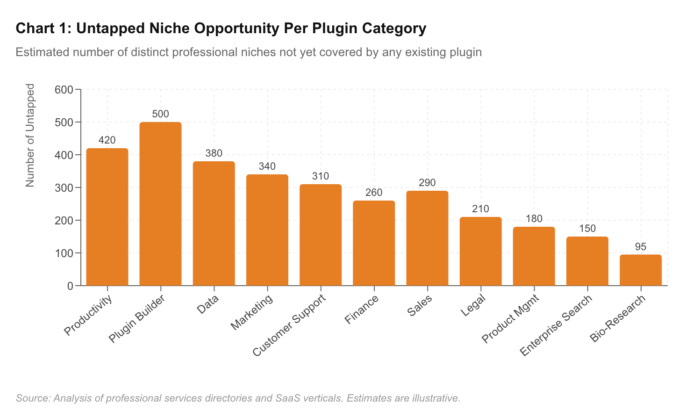Rachel Reeves is the first female Chancellor, but women have been paving the way in finance for a while.
It shouldn't be a big deal that the UK now has its first female Treasurer.

There has been a lot of discussion surrounding the recent news that Rachel Reeves has become the UK's first-ever female Chancellor of the Exchequer. This is a monumental moment for women and girls everywhere, as for over 800 years, this role has always been filled by a man. Even before the position officially existed, it was always a man making the country's major financial decisions. But on July 4, everything changed as Rachel took on the role under the new Labour Government.
As she kicked off her first day on the job, Rachel, a former Bank of England economist, shared a powerful message with young women, saying, "Let today show that there should be no ceilings on your ambitions, your hopes, or your dreams." While many were inspired by her words, women working in finance couldn't help but feel a twinge of frustration at all the attention being given to her gender.
Amy Rushby, co-founder of the car finance app Carmoola, explains, "The UK finally having its first female Chancellor shouldn't be such a big deal. It's both inspiring and frustrating at the same time. Women have proven time and again that they are more than capable of excelling and leading in any industry." And she is not alone in this sentiment.
Sarah Beale, CEO of the Association of Accounting Technicians, also believes that the Chancellor's gender should not be the focus. "Is it great to have our first female Chancellor of the Exchequer? Yes. But should her gender be making headlines in 2024? No," she says. "The finance sector has come a long way, with more women entering the industry, but it's still disheartening that we're still discussing the gender of the Chancellor."
It's clear that while women in finance are pleased to see a female in such a powerful political position, there is still much work to be done in terms of gender equality and closing the gender pay gap. As Sarah explains, "Only one firm within the top 100 UK accounting firms has a higher percentage of female partners than male. There is still a gender pay gap, and this should not be the case in this day and age. We need to continue striving for a diverse workforce in order to benefit society, employees, and economic growth."
Sara de la Torre, head of financial services at Dun & Bradstreet UK&I, agrees that there is still a long way to go for women in finance. "As a female leader in the banking and fintech industry, I have grown to love what I do, even in an industry that was built by men and for men," she says. "Women are now recognized as an integral part of the finance industry, but there is still much to be done to realize the potential they bring and achieve true gender equality."
One of the main issues that women in finance want the Chancellor to tackle is the gender pay gap. Sara hopes to see Rachel make significant strides in areas such as equal pay, affordable childcare, and flexible working. She believes that these measures are essential for reigniting economic growth in the country.
And there is certainly a lot of room for improvement when it comes to the gender pay gap. The Women's Budget Group revealed that the median weekly pay for women is £490.60, compared to men's £665.60 – a gap of 26%. And when it comes to annual pay, the gap worsens, with women earning an average of £24,683 compared to men's £34,810 – a gap of 29%. This issue is particularly prevalent in roles such as financial managers and directors, barristers and judges, production and assembly supervisors, and web design professionals.
Fortunately, Rachel has made it clear that she intends to address this issue during her time as Chancellor. She has stated, "In the position of Chancellor, I believe the biggest impact that I can make to the lives of ordinary women, women who go out to work, is to close the gender pay gap once and for all. That's what I'm setting out to do." While Labour's approach may not involve legally enforcing businesses to reduce the gender pay gap, they do plan to work with them and require an action plan. Small businesses with less than 250 employees would initially be exempt, but this would be reviewed later on.
As we celebrate this historic moment of having a female Chancellor in the UK, it's important to remember that there is still a long way to go in terms of gender equality. We must continue to push for progress and support women in all industries. Do you have a story to share about your experiences with gender equality in the workplace? We would love to hear from you. Please email us at [email].










